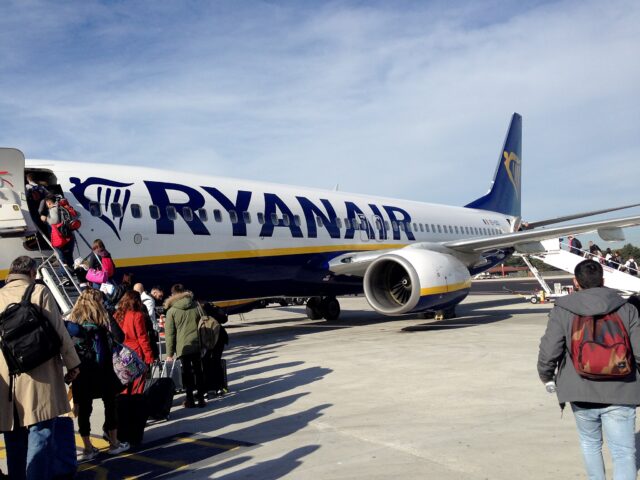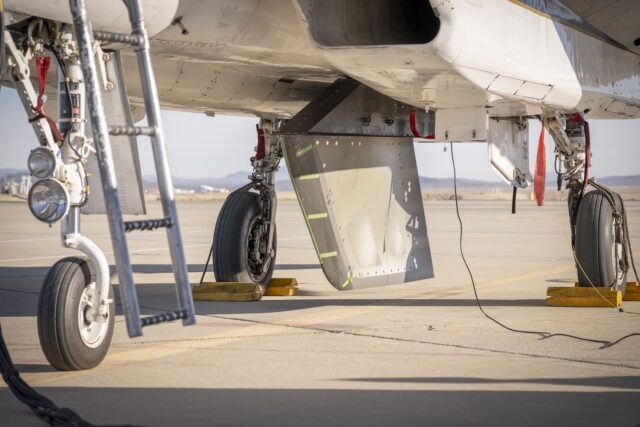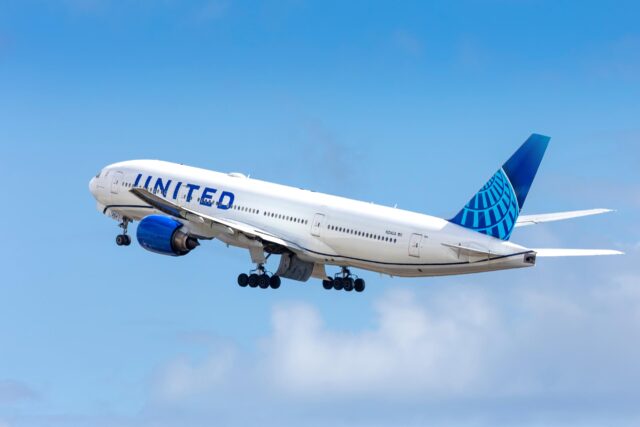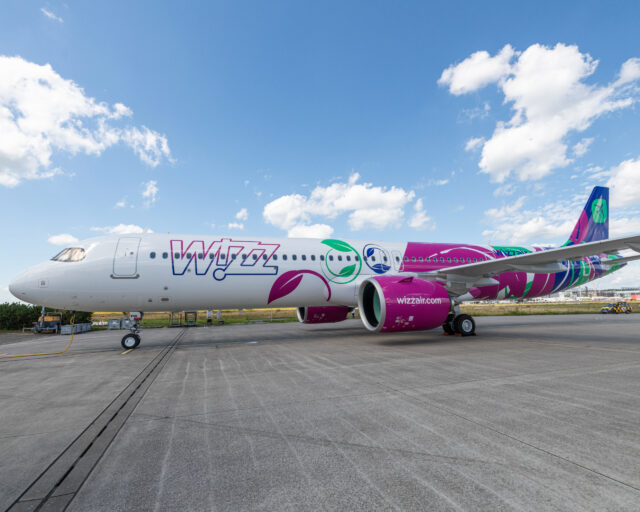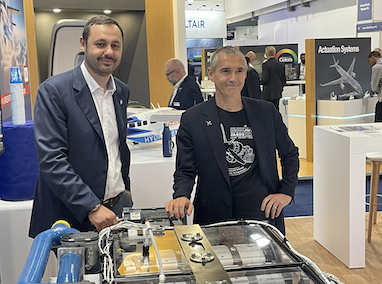
In line with plans to offer a hydro-electric variant of its PHA-ZE amphibious aircraft, Switzerland-based Jekta has partnered with ZeroAvia, selecting its fuel cell power generation system (PGS) technology to demonstrate the concept of a fuel cell variant of its electric amphibious flying boat.
Speaking at the official announcement of the partnership, which took place on ZeroAvia’s booth at Farnborough International Airshow on Monday morning, George Alafinov, CEO Jekta, explained that with battery technology still a way off, making a hydrogen-electric solution for his amphibious aircraft is an attractive solution. He also noted: “Retrofitting aircraft can be challenging, but in our case, we’re still at the design stage, so we are able to foresee these issues and avoid them in the early stages, therefore maximising the technology of the hydrogen powertrain.”
He explained, that by working with ZeroAvia, Jekta is able to define a suitable fuel cell system to offer potential operator clients the choice of two fuel sources. “The hydrogen system delivers a viable alternative to electric batter power that promises a significant increase in the range of our PHA-ZE 100, which will suit operators serving longer regional routes. In contrast, the battery power option will suit shorter-range missions and operators flying in locations where electric power is more cost-effective and accessible.”
Commenting further on the importance of clean sheet design aircraft around new hydrogen-electric propulsion, Val Miftakhov, CEO ZeroAvia, added: “Whenever new engine designs are created, they go as retrofits into existing aircraft, but really efficient, scalable integration happens when the aircraft manufacturer designs the aircraft around the engine.”
Speaking specifically about the amphibious aircraft market, Miftakhov noted that with the current resurgence in the seaplane market, ZeroAvia was keen to work with Jekta as an innovative company in leading and shaping the future of amphibious aviation. ‘We see huge potential for creating zero-emission amphibious flights and we believe hydrogen-electric propulsion will play a big role in this market,” he said.
In terms of the infrastructure required on the ground and in airports to support hydrogen-electric flight, Miftakhov pointed to the partnerships ZeroAvia has already built with a number of energy companies, including Shell and Masdar in the Middle East. “They are looking to produce hydrogen at or near airports to be supplied to us and this is a major part of the ecosystem support. We can’t just produce the motors or the fuel cells, we really need to galvanise the ecosystem around that.”
